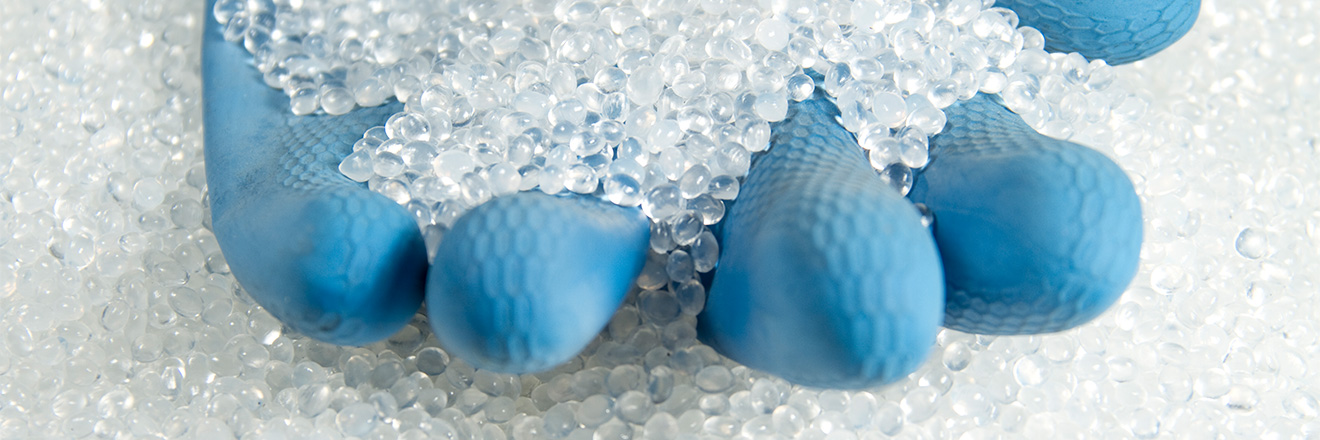Polymers can have very different chemical and physical properties, depending on the type of monomer "building block" being used and the placement of strong and weak bonds throughout the polymer structure. They can form single chains, forked branches, or networks of intertwined monomers. Polymers can be based on the same monomer but have different properties depending on how they are polymerized.
Polymer additives enhance grease performance at low treatment levels. The benefits of some polymer additives include enhanced water resistance, improved adhesion, increased Viscosity Index and increased yield. Polymer additives are available in a variety of forms, including liquid, gel, powder and pellet, for ease of use.
Improving Water Resistance
One of the primary ways polymers influence grease is by creating stronger water resistance. The water resistance of grease is an important property for grease used where water exposure is expected. Water contamination of grease diminishes its lubrication performance and may also lead to washout or loss of rust and corrosion protection. Polymer additives can be added to create a grease with superior water resistance.
Usually, the high molecular weight polymer used in lubricants significantly increases the viscosity of the base oil. However, some types of polymers can form a three-dimensional network or interact with the network formed by soap thickener in grease. The polymer network entangles with the fibrous network constructed by soap thickener and forms flexible and reversible interpenetrating networks (IPNs) which can greatly improve the water resistance. Using a polymer with polar functional groups that can interact with the polar end of the soap molecules results in a polymer network that can interact with the soap thickener network. After mixing and cooling, the soap thickener forms a fibrous structure in the presence of the polymer network.
Why Water Resistance is Important
Water is frequently considered one of the most common contaminants that can cause damage to your machinery, and there are several ways that water can get into your equipment and wreak havoc. But no matter how it gets in, water can lead to costly outcomes such as corrosion, leakage, oxidation and oil flow restriction.
Water is one contaminant that can affect any industry sector, from mining to agriculture and even food production, while having the potential to impact any machine, from bulldozers and excavators to fleet trucks. That's why it is imperative to have a high-quality grease that focuses on water resistance to help prevent premature failure and expensive repair costs.
